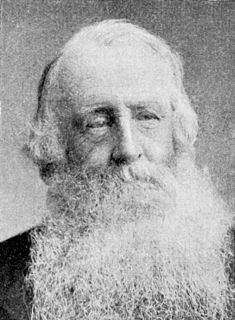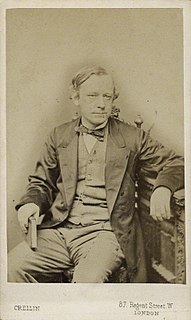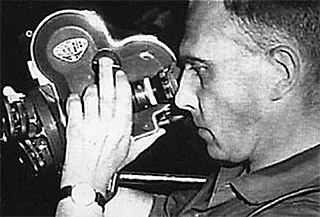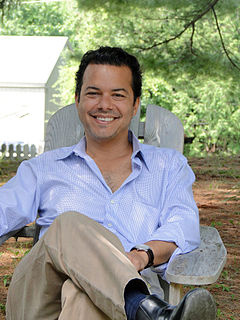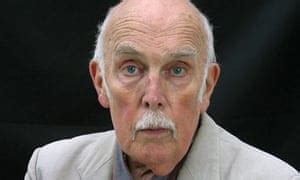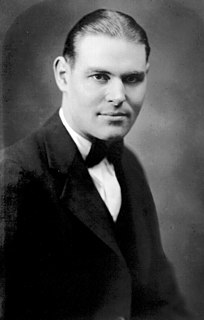A Quote by Edward Augustus Freeman
History is past politics, and politics is present history.
Related Quotes
Of course, in the reality of history, the Machiavellian view which glorifies the principle of violence has been able to dominate.Not the compromising conciliatory politics of humaneness, not the Erasmian, but rather the politics of vested power which firmly exploits every opportunity, politics in the sense of the "Principe," has determined the development of European history ever since.
When historians of early America turned from the pursuit of past politics, they devised a category known in the academy as 'social and intellectual history.' In it, they stuffed nearly everything except politics on the assumption, which the anthropologists assured them was correct, that it would all fit together. Somehow it did not.
You can write about a country without taking a stand, but you cannot write about a country without noting that there's history, and that there's politics going on. To me, that's the same if you write about America. You don't have to write about politics, but the politics have to be present in the characters.
The fact that you couldn't see Alfred Hitchcock's first film The Mountain Eagle, or that you couldn't see so many of F.W. Murnau's masterpieces, or that you couldn't see so many of Oscar Micheaux's really intriguing race melodramas, made with fierce independent spirit against all odds in '20s and '30s America. That stuff haunted me. They really did bring to life a sense of 20th Century history: cultural history, pop history, gender politics and race politics, socio economic history, all that stuff. It was bracing and instructive.
History in Burckhardt's words is 'the record of what one age finds worthy of note in another.' The past is intelligible to us only in light of the present; and we can fully understand the present only in light of the past. To enable man to understand the society of the past and to increase his mastery over the society of the present is the dual function of history.
I feel history is more of a story than a lesson. I know this idea of presentism: this idea of constantly evoking the past to justify the present moment. A lot of people will tell you, "history is how we got here." And learning from the lessons of history. But that's imperfect. If you learn from history you can do things for all the wrong reasons.
